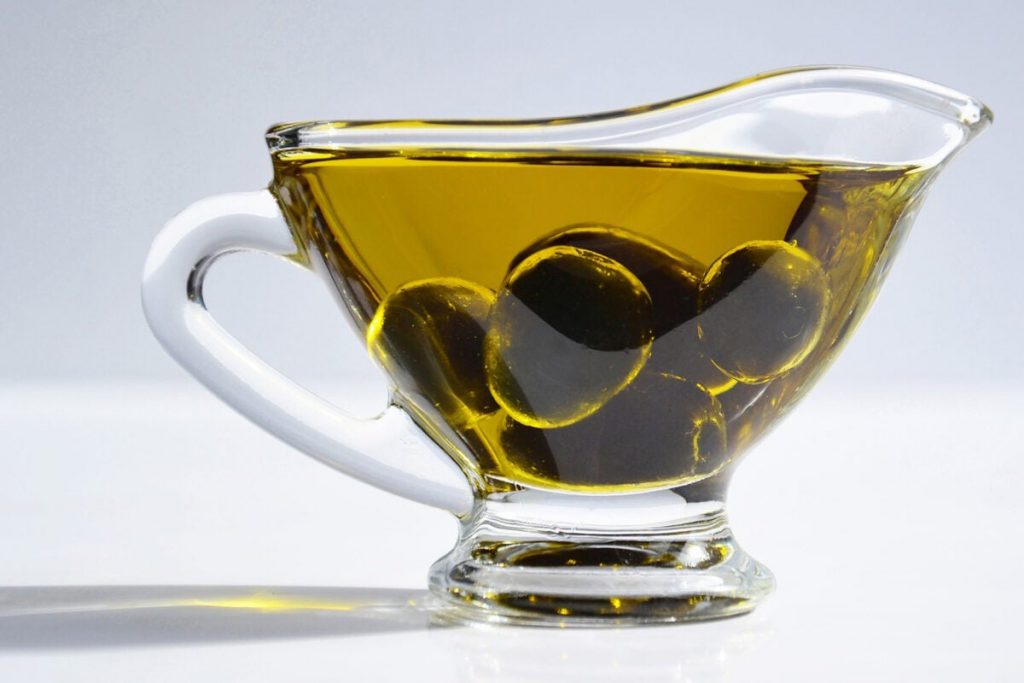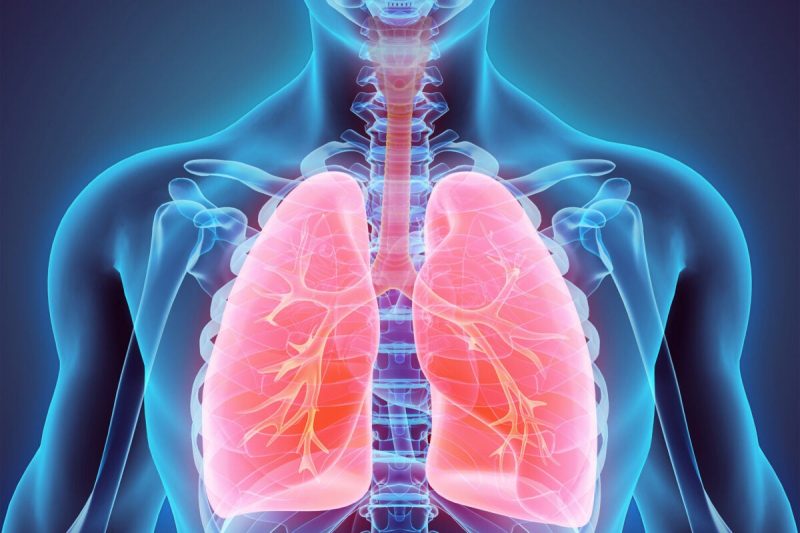Olive oil consumption lowers risk of premature death, study suggests

People who consume high amounts of olive oil may lower their risk of premature death overall and from specific causes, including cardiovascular disease, cancer, and neurodegenerative disease, according to a new study led by researchers from Harvard T.H. Chan School of Public Health. The researchers also found that people who consumed olive oil instead of animal fat had a lower risk of total and cause-specific mortality.
The study was published online in the Journal of the American College of Cardiology.
This is the first long-term observational study on olive oil consumption and mortality in the U.S. Most previous research on olive oil and health has focused on populations from Europe and the Mediterranean, where olive oil consumption is higher.
“Olive oil consumption has been linked to lower cardiovascular disease risk, but its association with premature death was unclear,” said Marta Guasch-Ferré, a senior research scientist in the Department of Nutrition at Harvard Chan School. “Our findings confirm current dietary recommendations to replace animal fats with plant oils for the prevention of chronic diseases and premature death.”
The researchers used health data collected between 1990 and 2018 for 60,582 women participating in the Nurses’ Health Study and 31,801 men in the Health Professionals Follow-up Study. All participants were free of cardiovascular disease or cancer at the beginning of the study and completed dietary questionnaires every four years. During the study period, 36,856 people died.
Participants were asked how often they used olive oil in salad dressings, added to food or bread, or in baking or frying. According to the findings, people in the highest category of olive oil consumption (more than seven grams per day) had 19 percent lower risk of total and cardiovascular disease mortality, 17 percent lower risk of cancer mortality, 29 percent lower risk of neurodegenerative mortality, and 18 percent lower risk of respiratory mortality, compared with those who never or rarely consumed olive oil. The use of olive oil was also associated with lower risk of total and cause-specific mortality when compared with margarine, butter, mayonnaise, and dairy fat.
“Clinicians should be counseling patients to replace certain fats, such as margarine and butter, with olive oil to improve their health,” Guasch-Ferré said. “Our study helps make specific recommendations that will be easy for patients to understand and hopefully implement into their diets.”
Other Harvard Chan School co-authors of the study included Yanping Li, Walter Willett, Jordi Salas-Salvadó, Qi Sun, Laura Sampson, Miguel Martínez-González, Meir Stampfer, and Frank Hu.
Funding for the study came from National Institutes of Health research grants. Guasch-Ferré is supported by an American Diabetes Association grant. Salas-Salvadó is partially supported by the Catalan Institution for Research and Advanced Studies under the ICREA Academia program.







